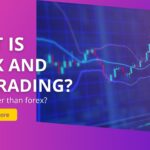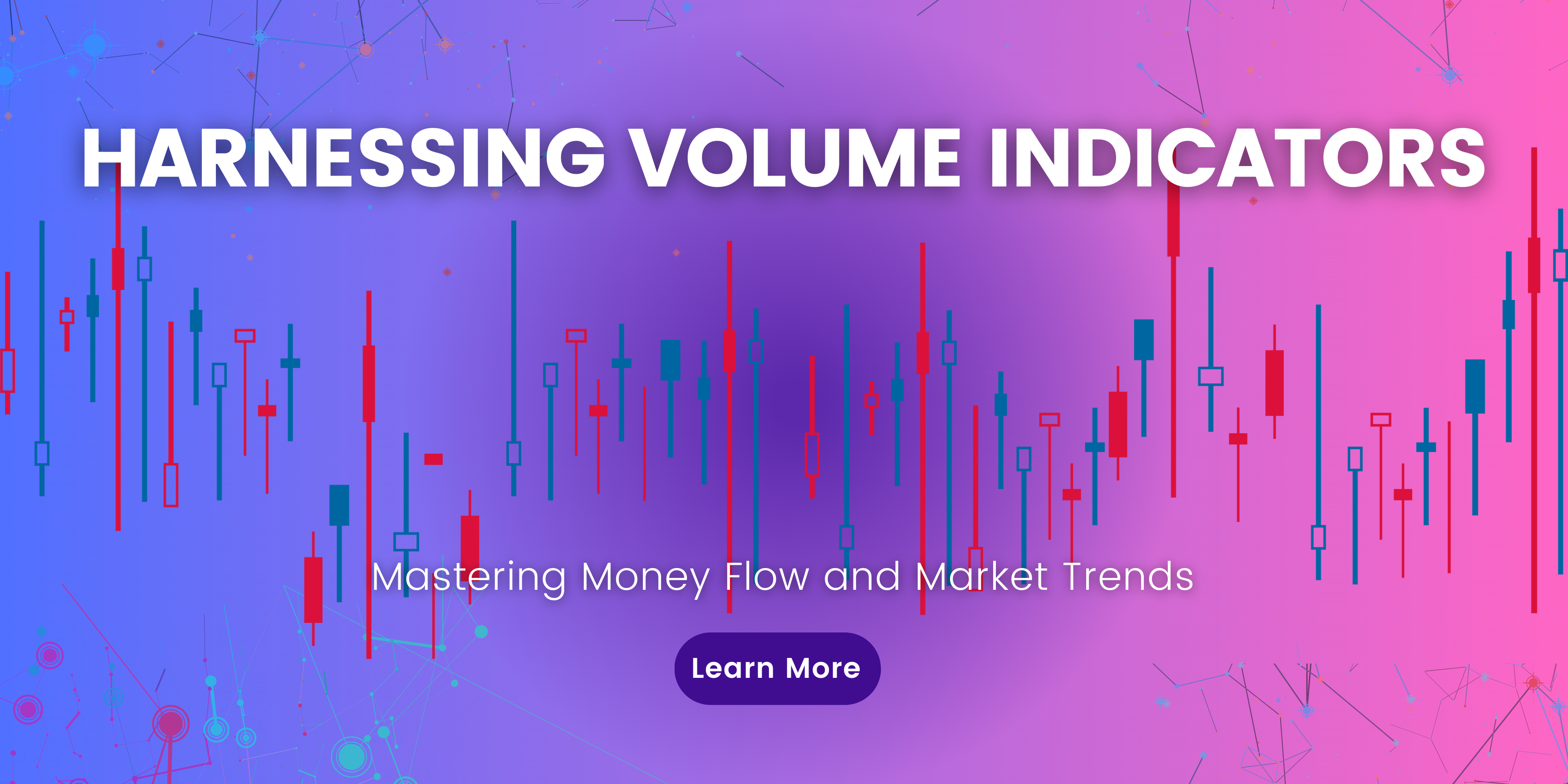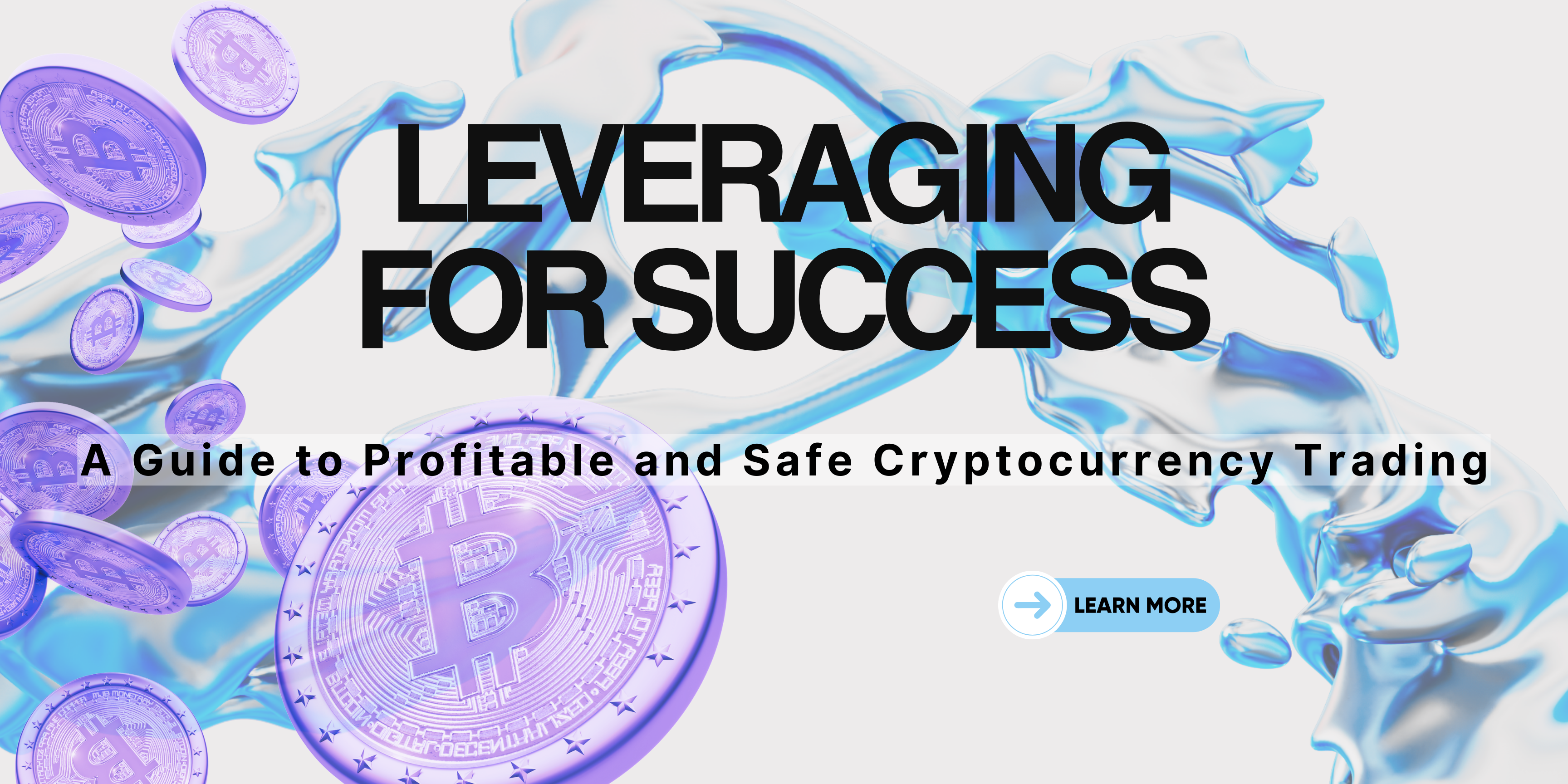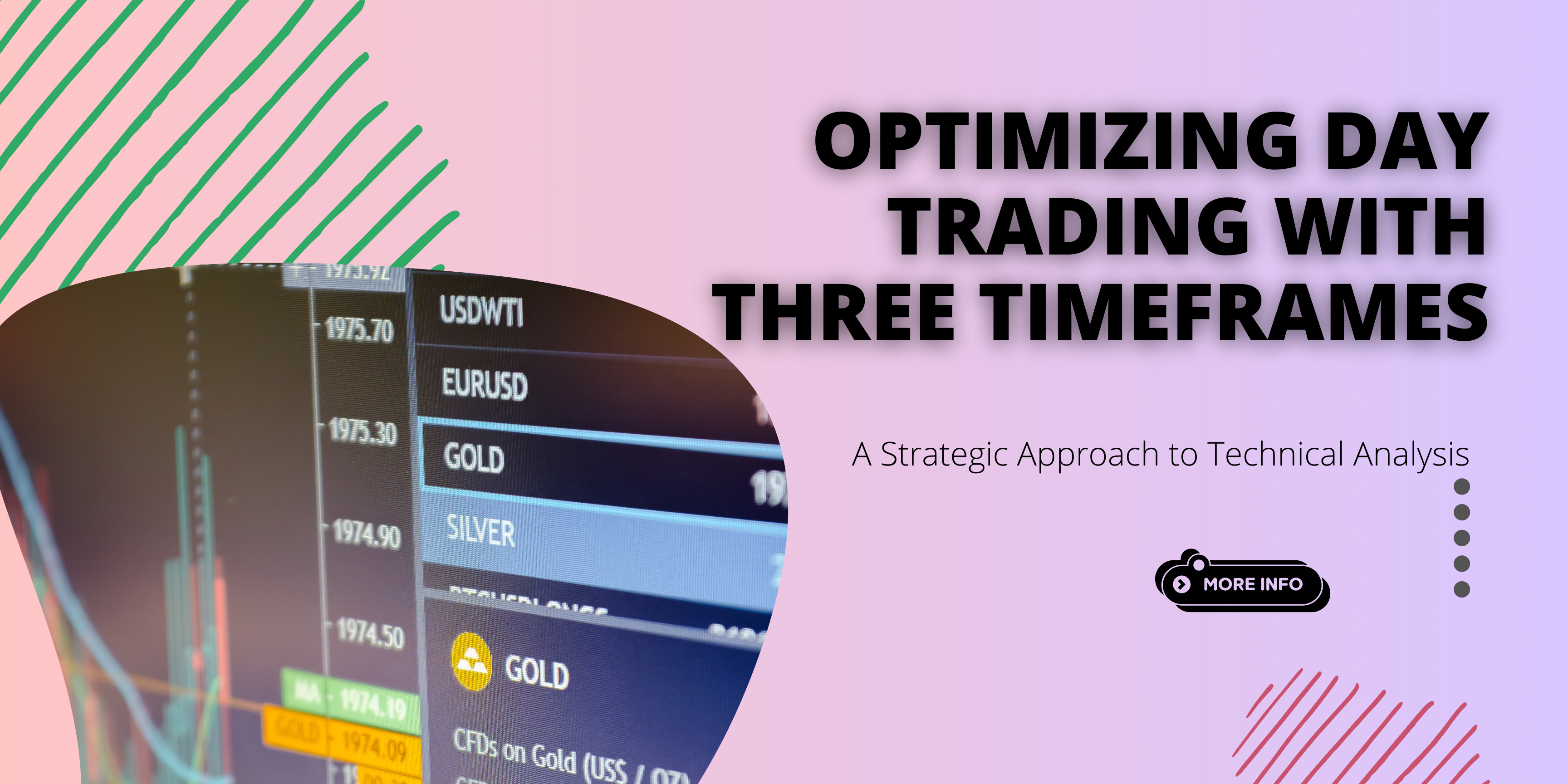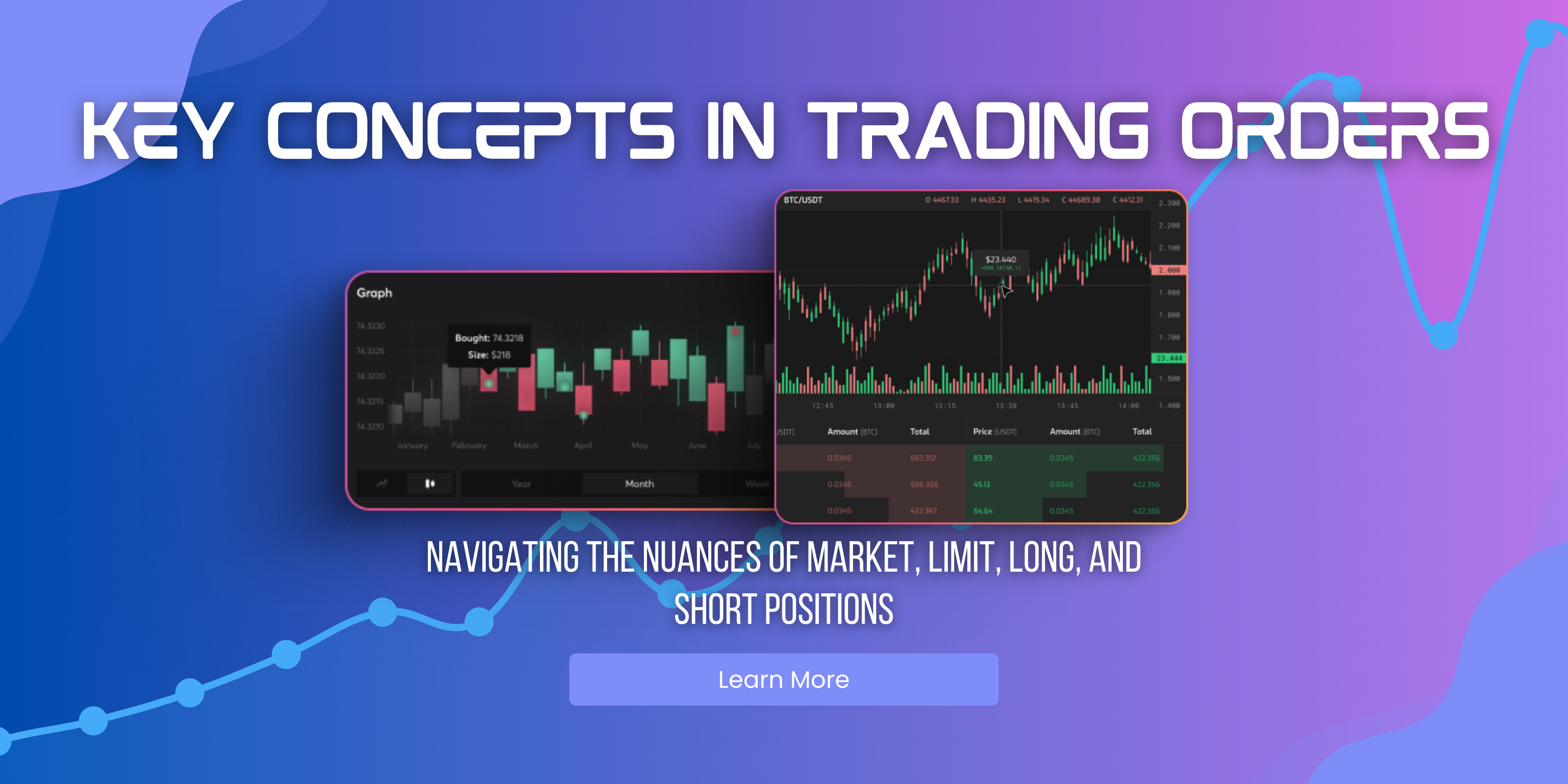Risks of Forex TradingMarket volatilityMarket volatility refers to the rapid and significant price fluctuations in the financial markets. It is a measure of the uncertainty and risk present in the market. The forex and CFD trading markets are known for their high volatility, which can provide both opportunities and challenges for traders. Volatility can be …
What is Forex and CFD trading? Are CFDs better than Forex?: Part 2 of 2
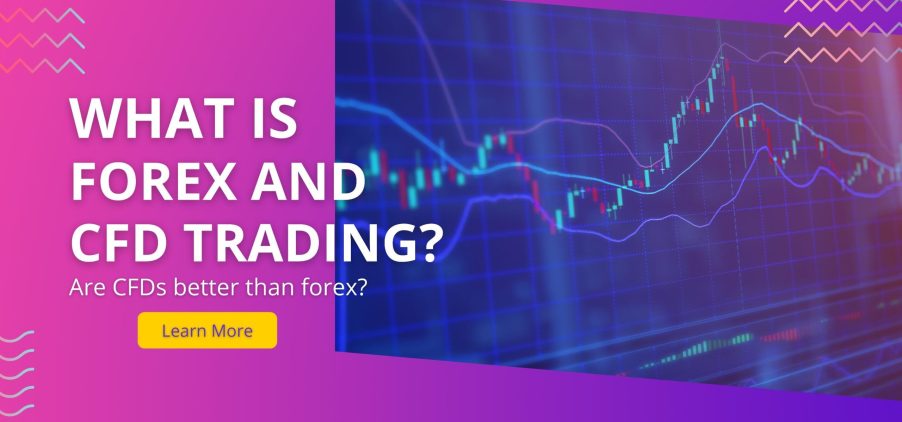
Risks of Forex Trading
Market volatility
Market volatility refers to the rapid and significant price fluctuations in the financial markets. It is a measure of the uncertainty and risk present in the market. The forex and CFD trading markets are known for their high volatility, which can provide both opportunities and challenges for traders. Volatility can be caused by various factors such as economic events, geopolitical tensions, and market sentiment. Traders who are able to effectively navigate and capitalize on market volatility can potentially profit from price movements. However, it is important to note that trading during periods of high volatility also carries higher risks, as prices can change rapidly and unpredictably. Therefore, traders should employ risk management strategies and stay updated on market news and events to make informed trading decisions in volatile market conditions.
Leverage risks
Leverage risks in forex and CFD trading can be significant. Leverage allows traders to control larger positions with a smaller amount of capital. While this can amplify profits, it also increases the potential for losses. Traders need to be aware that leverage can magnify both gains and losses, and it is important to use it responsibly. It is crucial to have a thorough understanding of how leverage works and to carefully manage risk when trading with leverage. Failure to do so can result in substantial financial losses.
Political and economic factors
Political and economic factors play a crucial role in forex and CFD trading. These factors can greatly influence the value of currencies and the performance of financial instruments. Political events such as elections, policy changes, and geopolitical tensions can create volatility in the market, presenting both opportunities and risks for traders. Similarly, economic indicators like GDP growth, inflation rates, and interest rates can impact currency values and trading strategies. Traders need to closely monitor and analyze these factors to make informed decisions and navigate the dynamic landscape of forex and CFD trading.
Risks of CFD Trading
Leverage risks
Leverage risks are an important aspect to consider when engaging in forex and CFD trading. Leverage allows traders to control larger positions with a smaller amount of capital, which can amplify potential profits. However, it also increases the potential for losses. The use of leverage can lead to significant financial risks, as even small price movements can result in substantial losses. Traders must be cautious and fully understand the risks involved before utilizing leverage in their trading strategies. It is crucial to have a solid risk management plan in place to protect against excessive losses and to ensure the longevity of one’s trading career.
Counterparty risk
Counterparty risk refers to the potential for the other party in a financial transaction to default on their obligations. In the context of forex and CFD trading, counterparty risk arises when traders enter into contracts with brokers or financial institutions. While both forex and CFD trading involve counterparty risk, CFDs may have a higher level of risk due to the use of leverage. Traders should carefully assess the creditworthiness and reliability of their chosen counterparties to mitigate this risk. It is important to note that counterparty risk can vary depending on the broker or financial institution, so it is crucial to conduct thorough research and choose a reputable entity for trading activities.
Market liquidity risk
Market liquidity risk refers to the possibility of not being able to execute a trade quickly and at a desired price due to a lack of buyers or sellers in the market. In forex and CFD trading, market liquidity risk can be a significant concern, especially during periods of high volatility or when trading in less liquid currency pairs or assets. Traders need to be aware of this risk and consider it when making trading decisions. It is important to choose a broker or platform that offers sufficient liquidity and has access to a wide range of markets to minimize the impact of market liquidity risk on trading activities.
Conclusion
Choosing the right trading method
When it comes to choosing the right trading method, it is important to consider your individual goals and preferences. Forex trading and CFD trading are both popular options, but they have some key differences. Forex trading involves buying and selling currencies on the foreign exchange market, while CFD trading allows you to speculate on the price movements of various financial instruments without actually owning the underlying asset. Both methods have their advantages and disadvantages, so it’s essential to evaluate your risk tolerance, trading style, and access to information before making a decision. Ultimately, the right trading method for you will depend on your personal circumstances and objectives.
Consider your risk tolerance
When it comes to trading, it is important to consider your risk tolerance. Forex and CFD trading can be highly volatile and carry a significant level of risk. Before engaging in these types of trading, it is crucial to assess your risk appetite and determine how much you are willing to potentially lose. CFDs and forex both offer opportunities for profit, but they also come with the risk of substantial losses. It is essential to have a clear understanding of your risk tolerance and set appropriate risk management strategies in place to protect your capital.
Seek professional advice
Seeking professional advice is crucial when it comes to forex and CFD trading. With the complexity and volatility of these markets, it is important to have a knowledgeable expert guide you through the process. A professional advisor can provide valuable insights, help you understand the risks involved, and assist in developing a suitable trading strategy. They can also offer personalized recommendations based on your financial goals and risk tolerance. By consulting with a professional, you can make informed decisions and minimize the potential pitfalls of trading forex and CFDs.
Claudio abbado trading platform, Claudio abbado forex trading, Claudio abbado forex crypto, Claudio abbado bitcoin, Claudio abbado trading exchange

